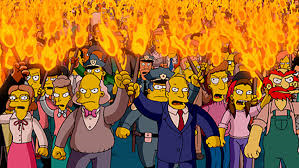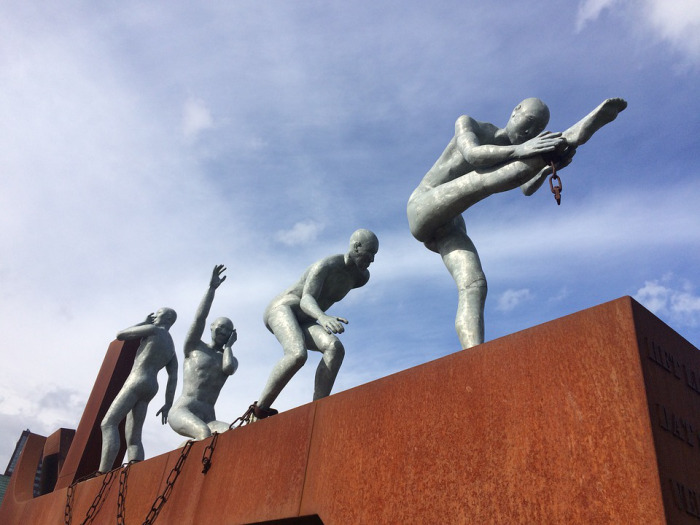Hi, I’m back. Today’s topic? Police blotter.
A teenager was just arrested at a local park in town and charged with possession of weed with intent to sell. The 18-year olds mugshot and the description of the incident was reported by several local newspapers; only one of the local newspapers received criticism for reporting the information. Why this one? The older brother of mugshot guy commented on the post, with a well-written and strongly worded statement. People then followed up, bashing the newspaper for providing the exact address of the teen and not reporting on “something that actually matters” and an apparent “lack of quality news”.
I fell for this argument at first. The mugshot didn’t bother me so much as posting the exact address of the man. Creepy. And yes, getting caught with weed is a minor offense and in an increasing number of states, weed is becoming legalized. Unfortunately, weed has yet to be legalized in Connecticut. That’s a separate argument. So back to this post – there were a few unpopular comments questioning the people in support of this young man. Why were they not angry about other police postings, which included the same information and for people of the same age? The simple answer is personal connection. The family is well known and to see a familiar face in the police blotter is shocking.
That doesn’t make it the newspapers fault for posting daily police blotter. This isn’t a “lack of quality news” – there’s no article, just a paragraph giving the routine information handed over by police. One parent wrote, “C’mon GFP, this was unnecessary…talk about bad choices”. WHAT! How does this person not see the irony in their comment? The teen was caught in a park that’s constantly crawling with cops, minutes from his home, with a car reeking of weed. I wouldn’t be so quick to say it’s a bad choice as it is just dumb. Another teen wrote, “…Don’t disadvantage kids (because that’s what they are) by ousting them in the public sphere. Disgraceful”. This wasn’t a “kid” – he was 18 and therefore a legal adult. To say that the teen is being “disadvantaged” shows a lack of understanding of the word “disadvantage”. The first two definitions on Dictionary.com:
1. absence or deprivation of advantage or equality. 2. the state or an instance of being in an unfavorable circumstance or condition:In reference to the first definition: as a white teenager living in an affluent neighborhood, the teen was born into an advantageous situation. This is not to say that his family does not face struggles, but comparing his situation to other teenagers that appear in police blotter, this teen is more privileged. With regard to the second definition: this teen put himself in an unfavorable circumstance or condition. Sure, he may have been unlucky to be caught. But c’mon, it wasn’t even late. He was caught at 9:45 at night – not later, when you may look more suspicious but may also have a better chance of going unseen.
Now let’s talk privilege, which I mentioned in the previous paragraph. The arguments for the teen make clear the definition of white privilege. It’s not solely because of his skin color that people are upset with the posting. It’s the fact that people know the teen or the family directly (status), and the teen lives in an affluent neighborhood (wealth) where crimes are less common. This combination of status and wealth may not come immediately, but do come a lot easier to white people, specifically to white males. It’s not just his white skin that leads to this white privilege, it’s the fact that his post gets comments due to the status and wealth of his family while other posts remain comment-less. Many people expect to see the face of a black or hispanic male in the police blotter because those faces represent the face of a criminal; these people may then make assumptions about where that person is coming from (a poor, crime-ridden neighborhood perhaps), and justify the information posted because “that person has no future”. Whether these justifiers blame it on the individual or the environment in which the individual grew up in, they never blame the newspapers for posting this information. With the case of this teen, the environment factor is not a factor, and the newspaper becomes the scapegoat, shifting the blame from the individual who committed the crime to the newspaper for posting such personal information.
Look out for a follow-up on this post, where I will discuss one last comment made on this police blotter post that led me to an entirely different topic. Here’s a hint and info for thought:

Now I know that Brock Turner’s mug shot also circulated around, but at least for me, the yearbook photo looks more familiar (or maybe I want to believe that). What does everyone else think?
Good night~
Advertisements Share this:





